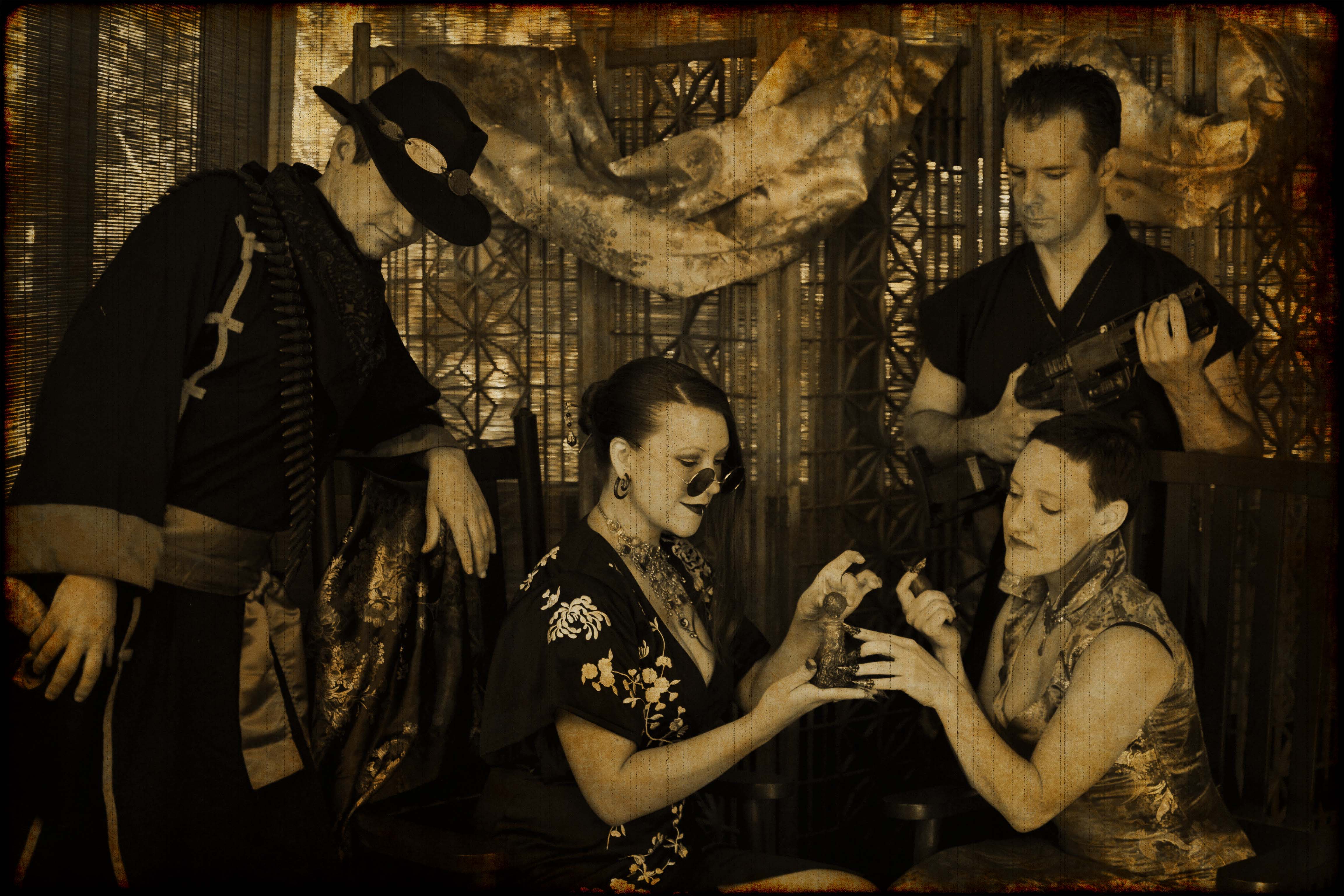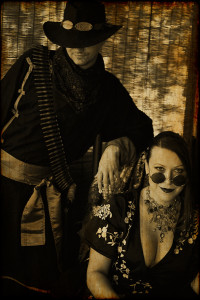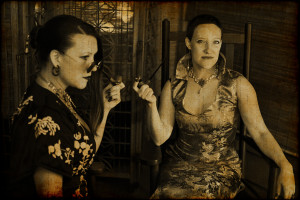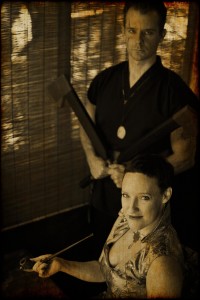
— Zhao Li, immigrant from the Tsung Empire.
Excerpt from Jeremiah Nix’s interview series for the New York Times
 The Tsung are an alien culture in America. To all outward appearances, they are diligent and hardworking while having a quiet, humble demeanor. However, those who look beyond that facade find a highly complex, rigidly organized social strata. Everyone has a role and with each role comes expected behaviors and elaborate rules of etiquette.
The Tsung are an alien culture in America. To all outward appearances, they are diligent and hardworking while having a quiet, humble demeanor. However, those who look beyond that facade find a highly complex, rigidly organized social strata. Everyone has a role and with each role comes expected behaviors and elaborate rules of etiquette.
Those who chose to uproot their lives from the vast Tsung Empire often do so out of a deep sense of duty, seeking a better life for their family or following the directives of their elders. Others are driven by a desire to leave behind the stagnation of an ancient empire and follow the promise of opportunity offered by the West. They come to the West with little more than determination and focus. Some are forced to indebt themselves to the Tong to make the journey, finding themselves indentured to their more powerful countrymen. Whether motivated by debt to the Tong or cultural upbringing, the Tsung are well regarded as valuable workers.
 They generally keep to themselves and rarely speak of the lives they left behind. The Tsung in the West are easily overlooked and often seen as less than human by many Settlers and City Folk. They have found little friendship among the people of the Western world. Many Tsung feel they have left the East behind and are doing all they can to integrate themselves into their new home, breaking free of traditional expectations and carving out a new life away from the mines and railroads. Others, such as the Tongs, seek to preserve what they can of their society in this new land, bartering the labor of their countrymen to Railroad Barons and Mining Conglomerates.
They generally keep to themselves and rarely speak of the lives they left behind. The Tsung in the West are easily overlooked and often seen as less than human by many Settlers and City Folk. They have found little friendship among the people of the Western world. Many Tsung feel they have left the East behind and are doing all they can to integrate themselves into their new home, breaking free of traditional expectations and carving out a new life away from the mines and railroads. Others, such as the Tongs, seek to preserve what they can of their society in this new land, bartering the labor of their countrymen to Railroad Barons and Mining Conglomerates.
The Tsung are a people steeped in tradition and the veneration of their ancestors. Because of the strong association with deceased loved ones, interactions with the supernatural permeate all aspects of life. It would not be seen as abnormal to carry on a conversation with one’s deceased grandfather while simultaneously warding oneself against the the attention of evil spirits. Some regularly employ sorcerers to facilitate more direct communication with those who have passed on. Rumors abound, however, of sorcerers who have bound spirits to their will, using their power to curse those who wrong them.
The Tsung, though far from home, have carried with them the immense beauty of their cultural traditions. Their expertise in the mixing of powerful concoctions to heal or harm stretches back thousands of years. Respect for such can be seen even in something as simple as the brewing of a cup of tea. Few can match the prowess of a Tsung trained in the ancient practices of martial arts. They maintain extremely close-knit communities, seeking others from their homeland with whom to share their rich traditions. The rigidity of their social strata makes it difficult for them to interact with the more egalitarian Settlers and Iron Nation, much less the haughty City Folk who look down upon them.
Common Professions: Apothecary, Tong Enforcer, Dancer, Miner, Railroad Worker, Physician, Cook, Tailor, Sailor, Martial Artist, Spiritualist
 Inspiration Links:
Inspiration Links:
- Pinterest Collection
- Costuming Resources: Folkwear Patterns, Fine Chinese Clothing, Chinese Clothing Online
- Movies: The Warrior’s Way, Big Trouble in Little China, Deadwood, Sukiyaki Western Django, Shanghai Noon
Quan Fa
We have placed an order for sets of quan fa tattoos for you. You can get them through us for $1/set and we'll deliver them to you at your next event. This saves you guys a few cents and allows us to get a few for NPCs thanks to bulk ordering!

